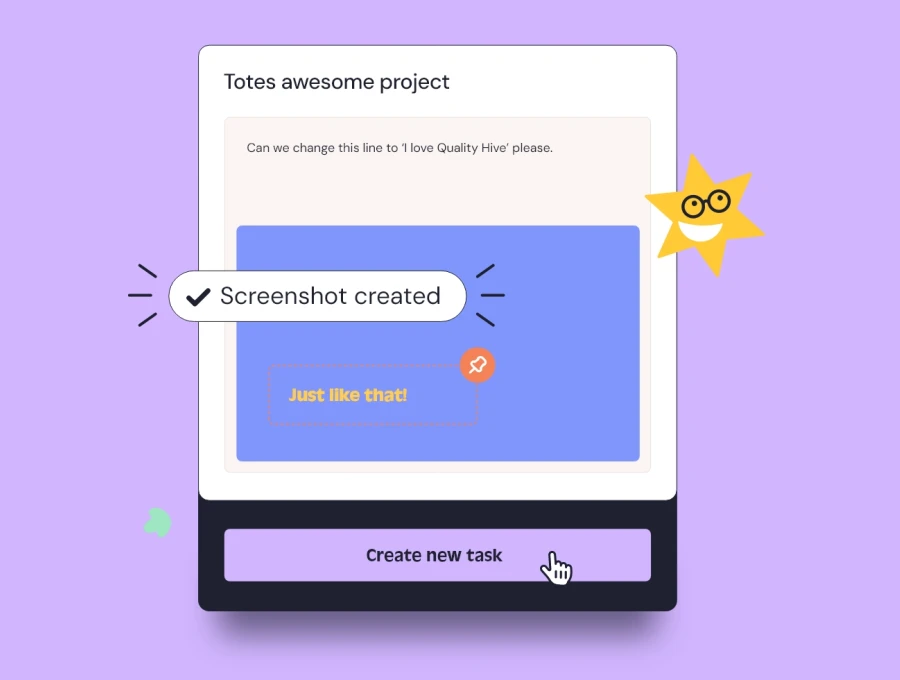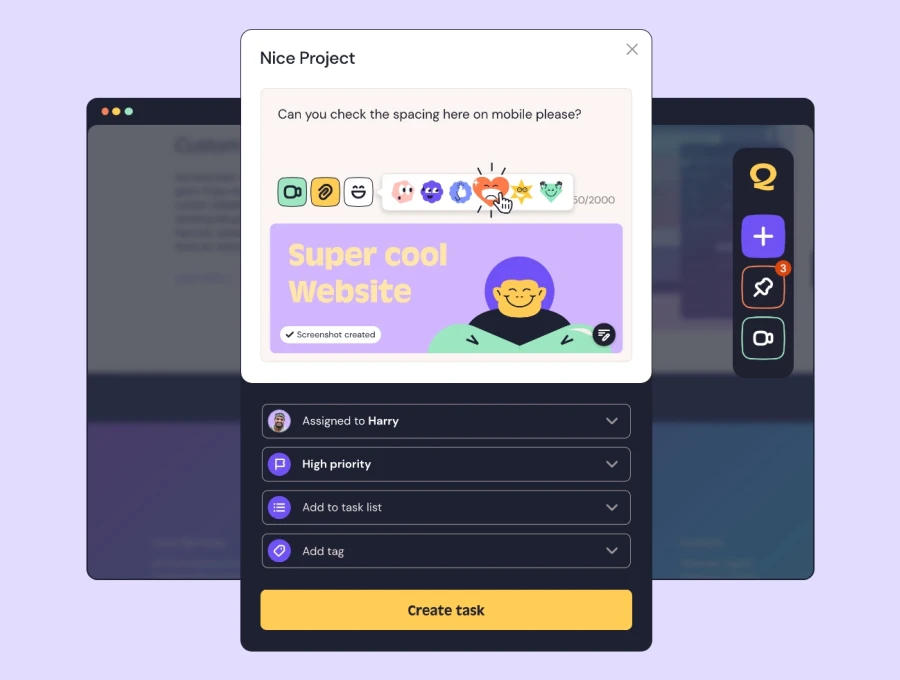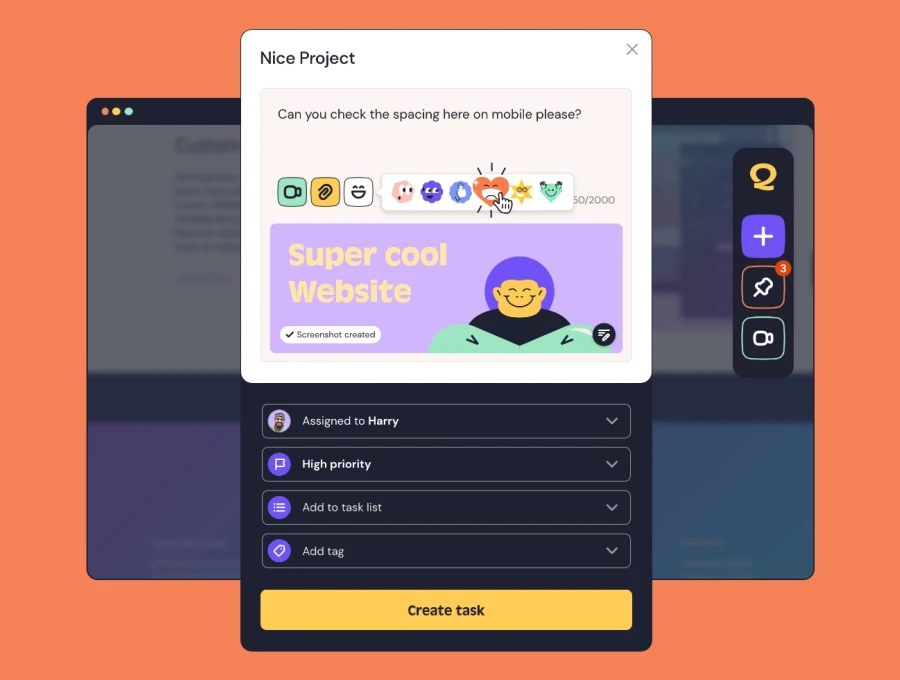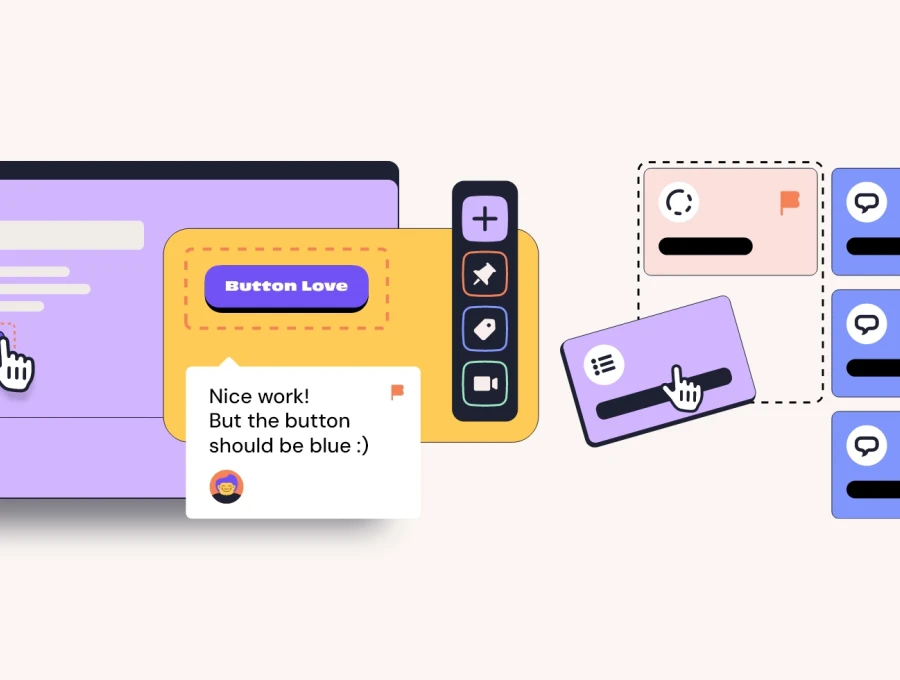In the fast-paced world of software development, quality assurance (QA) plays a crucial role in ensuring that products meet high standards and deliver exceptional user experiences. Building an effective QA team is essential for maintaining quality and achieving project success. This guide will walk you through the key skills, roles, and structure needed to create a high-performing QA team.
Essential Skills for QA Professionals
A successful QA team needs a diverse set of skills to tackle various aspects of software testing. Here are some key skills to look for:
Analytical Thinking: QA professionals must analyze complex systems, identify potential issues, and understand how different parts of the software interact.
Attention to Detail: A keen eye for detail is crucial for identifying subtle defects that could impact the user experience.
Technical Proficiency: Knowledge of programming languages, databases, and testing tools is essential for automated testing and understanding the software being tested.
Problem-Solving: Effective problem-solving skills help QA professionals diagnose issues and develop solutions quickly.
Communication: Clear communication is vital for collaborating with developers, product managers, and other stakeholders to ensure that issues are understood and addressed.
Adaptability: The ability to adapt to new tools, technologies, and methodologies is important in the ever-evolving field of software development.
Key Roles in a QA Team
A well-structured QA team consists of various roles, each with specific responsibilities. Here are the primary roles you should consider:
QA Manager: The QA Manager oversees the entire QA process, manages the team, sets testing standards, and ensures that projects meet quality goals.
Test Lead: The Test Lead coordinates testing activities, assigns tasks, and ensures that the team follows best practices and meets deadlines.
QA Engineer: QA Engineers design, execute, and maintain test cases, perform manual and automated testing, and report defects.
Automation Engineer: Automation Engineers specialize in creating and maintaining automated test scripts to increase testing efficiency and coverage.
Performance Tester: Performance Testers focus on testing the software's performance, scalability, and reliability under different conditions.
Security Tester: Security Testers identify and address security vulnerabilities, ensuring that the software is secure from potential threats.
User Acceptance Tester (UAT): UAT testers validate that the software meets business requirements and is ready for release by simulating real-world usage.
Structuring Your QA Team
The structure of your QA team depends on the size and needs of your organization. Here are some common structures:
Centralized QA Team: In this model, a single QA team serves the entire organization, providing consistency and shared resources across projects. This structure works well for smaller organizations or those with multiple smaller projects.
Embedded QA Team: QA professionals are embedded within development teams, allowing for close collaboration and early involvement in the development process. This model is effective for agile environments and larger projects.
Hybrid QA Team: A combination of centralized and embedded models, where a core QA team provides oversight and specialized testing services, while QA professionals are also embedded within development teams for day-to-day activities.
Building an Effective QA Team
To build an effective QA team, follow these steps:
Define Clear Goals and Responsibilities: Establish clear goals for your QA team and define individual responsibilities to ensure everyone understands their role in achieving these goals.
Hire the Right People: Focus on hiring professionals with the necessary skills and experience, and consider their ability to fit into your team's culture and work collaboratively.
Provide Training and Development: Invest in ongoing training and development to keep your team updated with the latest tools, technologies, and best practices.
Foster a Collaborative Culture: Encourage open communication and collaboration between QA professionals, developers, and other stakeholders to create a cohesive and productive work environment.
Implement Effective Processes and Tools: Establish standardized QA processes and utilize the right tools to streamline testing activities and improve efficiency.
Monitor and Improve: Regularly assess your QA team's performance, gather feedback, and make improvements to processes and practices to ensure continuous improvement.
Conclusion
Building an effective QA team is essential for delivering high-quality software products. By focusing on the right skills, defining key roles, and structuring your team appropriately, you can create a QA team that not only meets but exceeds your quality assurance goals. Investing in your QA team’s development and fostering a collaborative culture will pay dividends in the form of robust, reliable, and user-friendly software.













